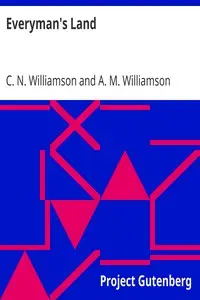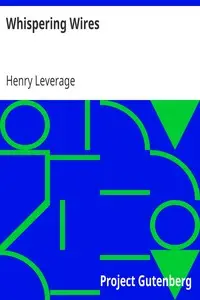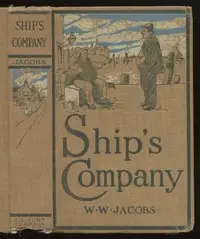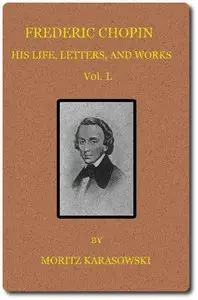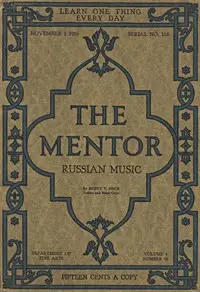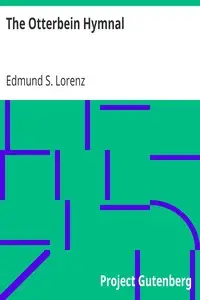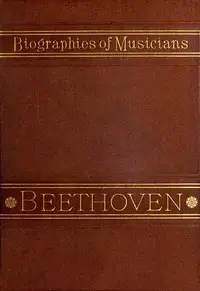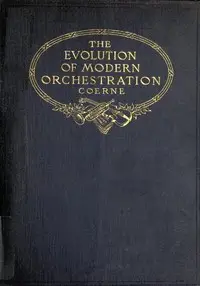"Essays Before a Sonata" by Charles Ives is a collection of essays written in the early 20th century serving as program notes for Ives' second piano sonata, titled "Concord, Mass., 1845." The book explores the intersection of music and the philosophical ideas of American Transcendentalists such as Ralph Waldo Emerson, Nathaniel Hawthorne, and Henry David Thoreau, analyzing how their thoughts influence the compositions of Ives and highlighting the deep connections between music, art, and the human experience. The opening of this work presents a detailed introduction to Charles Ives as an innovative composer whose revolutionary musical concepts were ahead of their time and reflects the spirit of Transcendentalism. Ives states that the essays are intended to elucidate the themes of his sonata and to invite readers to consider how music can articulate complex emotions and philosophies. He poses questions about the nature of music, its emotional impact, and how subjective experiences can be expressed through sound. This prelude effectively sets the stage for an in-depth exploration of both Ives' musical ideas and the philosophical narratives that underpin them, encouraging a reflective engagement from the reader as they delve into the subsequent essays. (This is an automatically generated summary.)

Essays Before a Sonata
By Charles Ives
"Essays Before a Sonata" by Charles Ives is a collection of essays written in the early 20th century serving as program notes for Ives' second piano s...
Charles Edward Ives was an American modernist composer, actuary and businessman. Ives was among the earliest renowned American composers to achieve recognition on a global scale. His music was largely ignored during his early career, and many of his works went unperformed for many years. Later in life, the quality of his music was publicly recognized through the efforts of contemporaries like Henry Cowell and Lou Harrison, and he came to be regarded as an "American original". He was also among the first composers to engage in a systematic program of experimental music, with musical techniques including polytonality, polyrhythm, tone clusters, aleatory elements, and quarter tones. His experimentation foreshadowed many musical innovations that were later more widely adopted during the 20th century. Hence, he is often regarded as the leading American composer of art music of the 20th century.



